
Polish pension anomalies: Waiting for reform
Policy reforms now allow the pension authority to retroactively review contributions and question their legality.
A collection of 354 posts

Policy reforms now allow the pension authority to retroactively review contributions and question their legality.
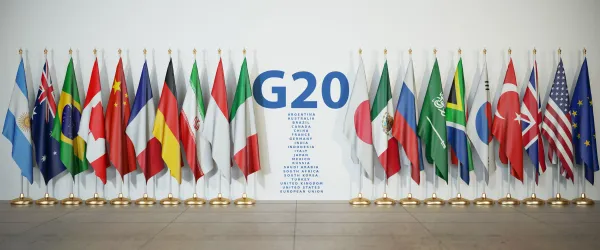
From a post-communist economy to a European powerhouse, Poland is now seeking a role in global politics.
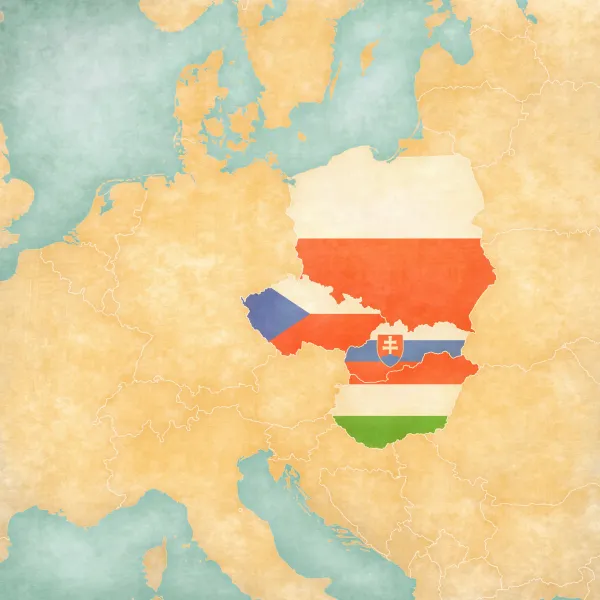
The presidents of the V4 countries gathered in Esztergom —but the differing views on Russian aggression undermines regional unity.
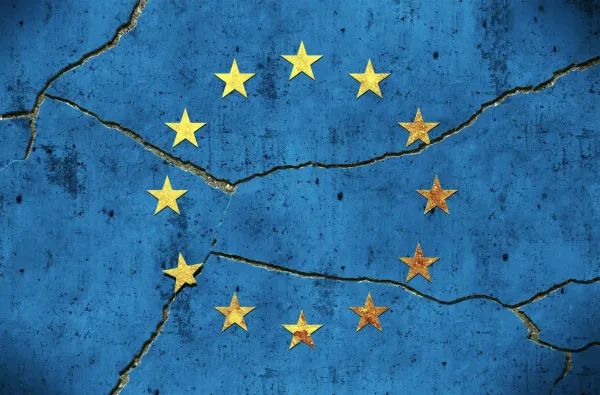
Support for EU membership in Poland remains high, but the share of those who would favour leaving the Union now exceeds 10 percent.
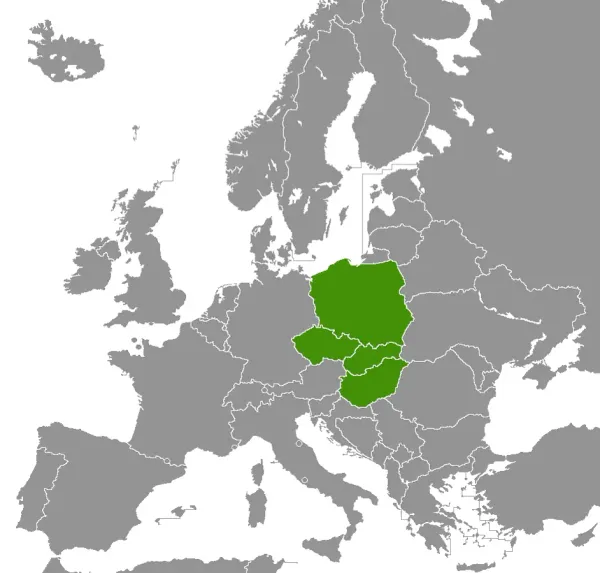
The media landscape in the V4 countries does not show a uniform picture, sending varying messages for potential investors as well.

Public attitudes toward the war in Ukraine vary highly and have shifted significantly across the CEE region.

Polish police have made another arrest in connection with a serious railway sabotage case.

CEE countries differ on euro adoption, some view it as a path to convergence, while others wary of potential negative effects.

Poland’s economic weight is undoubtedly increasing in the region, with Polish-German economic relations and political tensions deepening.

More and more migrants enter the EU via its northeast border, making Poland a buffer against Moscow’s politically driven bid to destabilize Europe.

As the EU tightens sanctions on Russia, Central European states display contrasting political stances rooted in their priorities and capacities.
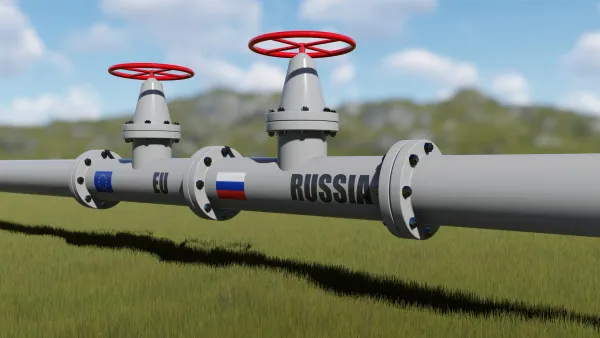
The Central and Eastern European oil market is entering a new era as a result of the US measures aimed at restricting Russian crude exports.

Over the past decade and a half, Poland has undergone a remarkable economic transformation, and in several key indicators it is now comparable with Japan. The question many economists are asking is: what is Poland’s secret, and how has it managed to outpace its Central European peers?
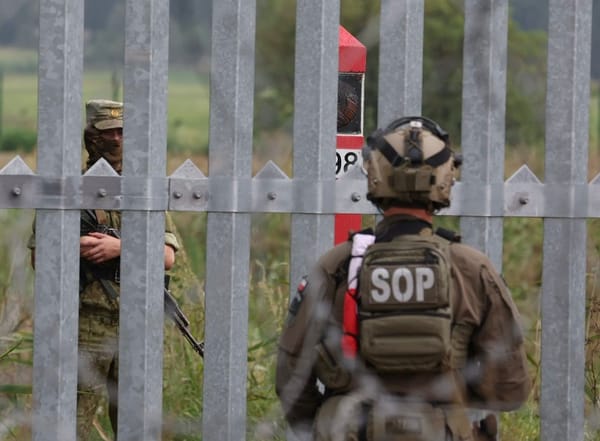
Von der Leyen's visits to frontline NATO states aims to deliver a message of solidarity while boosting Europe’s defence capacity, promoting joint procurement and galvanising industrial support through the EU’s SAFE mechanism.

Lithuanian President Gitanas Nauseda described Ruginiene as “a constructive negotiator who seeks compromise”, adding that foreign policy continuity, especially support for Ukraine, would be maintained. Nauseda signed a decree on 27 August formally appointing her.